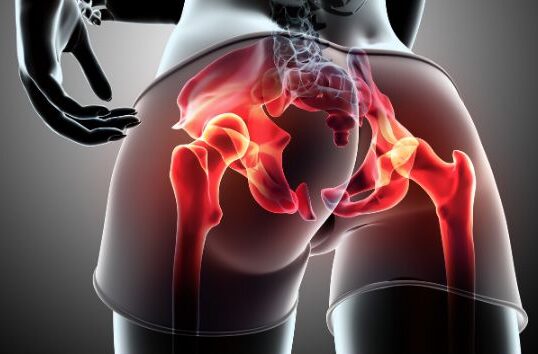Have Any Questions?
+91 77 9849 9977
Visit Us At
103, Shivom Regency, Baner Rd, Pune
+91 77 9849 9977
103, Shivom Regency, Baner Rd, Pune
Hip replacement is the removal and replacement of portions of the pelvis and femur (thighbone) that form your hip joint. It is performed primarily to relieve hip pain and stiffness caused by hip arthritis. This procedure is also sometimes used to treat injuries such as a broken or improperly growing hip, and for other conditions. (Find a hip replacement specialist at HSS.)


Your rehabilitation will begin within 24 hours after surgery. Most hip replacement patients progress to walking with a cane, walker or crutches within day or two after surgery. As the days progress, you will increase the distance and frequency of walking.
If you have THR surgery at HSS:
The surgery is very safe, but every surgery has risks, and infection is the most serious. You should ask your surgeon what the surgical infection rate is for hip replacements at the hospital or facility where you will have your surgery.
HSS has one of the lowest rates of infection for hip replacement surgery, as well as a significantly lower rate of readmission compared to the national average. In 2015, The New York State Department of Health reported that out of more than 160 hospitals in New York that did hip replacements in 2014, only Hospital for Special Surgery had a hip replacement surgery site infection (SSI) rate that was “significantly lower than the state average” for that year, and that those infection rates at HSS had been significantly lower than the state average in each of the seven years between 2008-2014.
When looking for an orthopedic surgeon to perform your hip replacement surgeon, it’s important to do your research and check the surgeon’s credentials, experience and reputation. It is also important to research the hospital or facility where you will have your operation, as well as its supporting staff, such as the anesthesiologists.
The success rate for hip replacement surgery at HSS is very high. In a study, HSS interviewed patients to learn about their progress. Two years after their surgeries, 99.4% of patients said they had relief from pain, 98.8% said their ability to move was improved, and 97.8% said their quality of life was better because of their surgery.
Below, explore detailed articles and other content on this topic, or find the best hip replacement surgeon at HSS to suit your specific condition, location and insurance.

Mail Your Resume At : drpriyankaneuro13@gmail.com